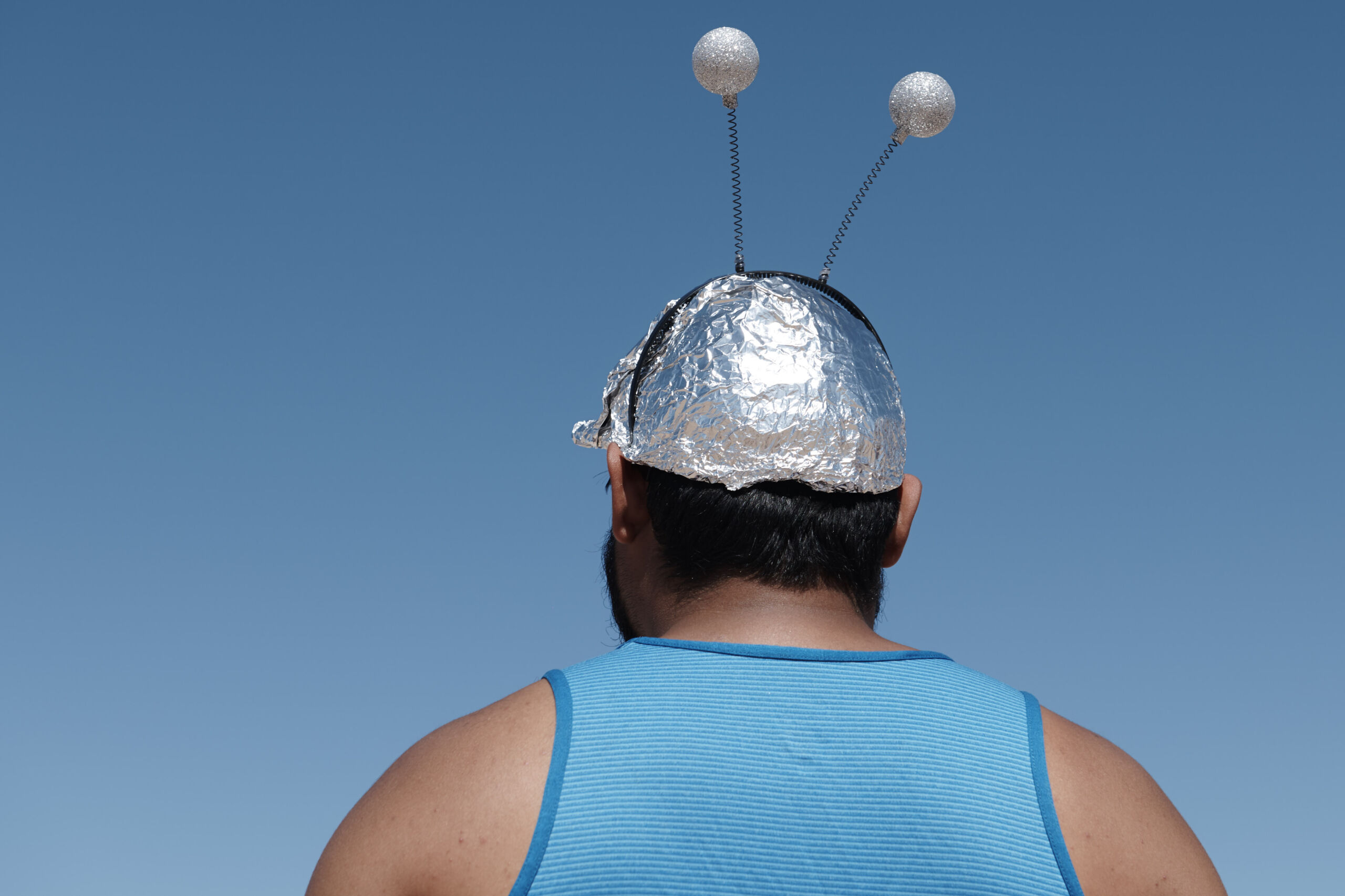In the latest efforts by Republican lawmakers to enshrine into law Americans' right to freely spread deadly infectious diseases to each other, the Missouri House this week advanced a bill that would bar governments, schools, and employers from mandating certain vaccines—as well as things like vaccine microchips, which do not exist.
The bill, HB 700 (PDF), was sponsored by Rep. Bill Hardwick, a Republican from Waynesville. Hardwick told the St. Louis Post-Dispatch that he believed people "lost their minds" during the COVID-19 pandemic, and that legally barring officials and employers from requiring life-saving vaccination, even among health care workers, feels "like it's the right thing to do."
The bill specifically bars requirements for people to receive COVID-19 vaccines. But it doesn't stop there. It also bars any requirements for people to receive "a dose of messenger ribonucleic acid (mRNA)," thus barring requirements for any future mRNA-based vaccines, should they be needed in upcoming pandemics or outbreaks. It also bars requirements for "any treatment or procedure intended or designed to edit or alter human deoxyribonucleic acid (DNA) or the human genome," and "any mechanical or electronic device" that would be placed "under the skin."
Those last two stipulations reflect ridiculous yet widely spread conspiracy theories related to the COVID-19 vaccines—namely the entirely false ideas that mRNA vaccines alter people's DNA and that COVID-19 vaccines somehow contain microchips. These imaginary microchips are often said to be placed in vaccines by global elites, including Bill Gates, to track people's locations and "force compliance." The absurdly bogus idea ties to other, equally nonsensical conspiracy theories that the vaccines connect people to 5G networks and literally make human flesh magnetic. The latter hogwash led to a deeply disappointing number of online videos of people sticking metal objects to themselves.
Lastly, the bill would require all employers and public colleges and universities to allow exceptions to any vaccination requirement if the person "holds a sincerely held religious belief, which may include any deeply held nontheistic moral belief," that prevents them from being vaccinated.


